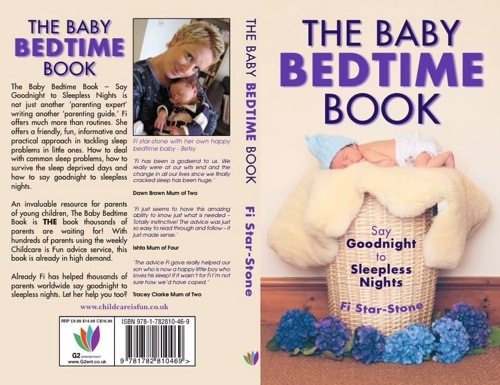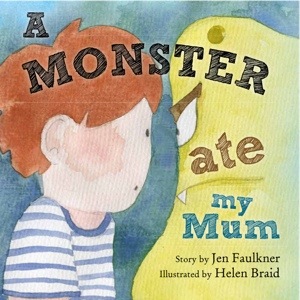Choosing Childcare
There are so many different types of childcare options available to parents these days, such as family, childminder, qualified nanny, nursery or workplace crèche, that it’s difficult to know if you’re choosing the right one!
Nursery or Childminder?
There are no wrong or right choices of childcare, it’s a matter of personal choice. It is important however, that whatever you decide to choose, you follow certain guidelines to ensure your child is receiving quality, professional care suited to his/her developmental needs.
Childcare advice
When choosing childcare, take into consideration the age of your child. Young infants thrive on physical interaction and cuddles, so you may choose to have a one-on-one carer such as a professional qualified nanny, or a similar home setting such as a qualified Ofsted registered childminder. For an older child, social, intellectual and physical development should be considered, so you may choose a larger setting, such as a nursery.
Remember that this is your child and your choice. Only a parent knows their own child better than anyone else, so try not to be persuaded into other parents’ or family members’ ideas of what childcare they think is best for your child.
Get as much information as possible. Look into the pros and cons of each childcare setting. Look at several local options to get a good idea of what’s available and work out exactly how much it will cost you each week and how long it will take you to get from there to work and back again. If you can’t afford your preferred option, find out what Government help may be available, such as childcare vouchers.
When you think you have finally found your perfect childcare solution, do more checks! Check the carer or nursery staff are trained and experienced and registered with Ofsted. All child carers now need to be registered. You can ask for the carer’s Ofsted number or check online yourself.
 If the childcare is outside your own home, check that the setting is safe, clean and has a generous number of toys and activities for your child’s stage of development. Look at the staffing ratio, and the numbers of children to qualified carers.
If the childcare is outside your own home, check that the setting is safe, clean and has a generous number of toys and activities for your child’s stage of development. Look at the staffing ratio, and the numbers of children to qualified carers.
It’s important to get feedback from other parents using the childcare you have chosen. Talk to other parents.
If you’re employing a qualified nanny, check the references, and then check them again. All registered nannies are qualified, first aid trained and police checked, (unlike unqualified nannies).
Observe how the carer interacts with your child at interview or visit. See if the carer responds to your child as an individual and communicates well with you too. Ask about their policies and their ideas in fitting in with your child’s routine, diet, discipline, toilet training and other issues.
You also need to take into account what you would do if your child was ill, something many parents don’t think about until it happens. They then become stranded without childcare. With nannies, this isn’t a problem, but if your child was in nursery care, or cared for by a childminder, they wouldn’t be allowed to attend until they were better to avoid spreading the illness.
It might all seem so much to take on board, but remember, choosing the right childcare takes time and effort, and if you get it right first time, it saves tears and tantrums in the long run!
This article was written by Fi Star-Stone for Parentdish and published on their website in 2011





Recent comments